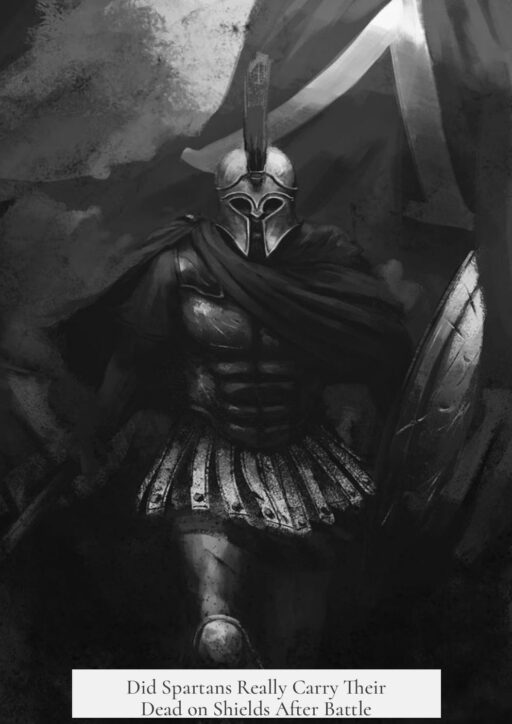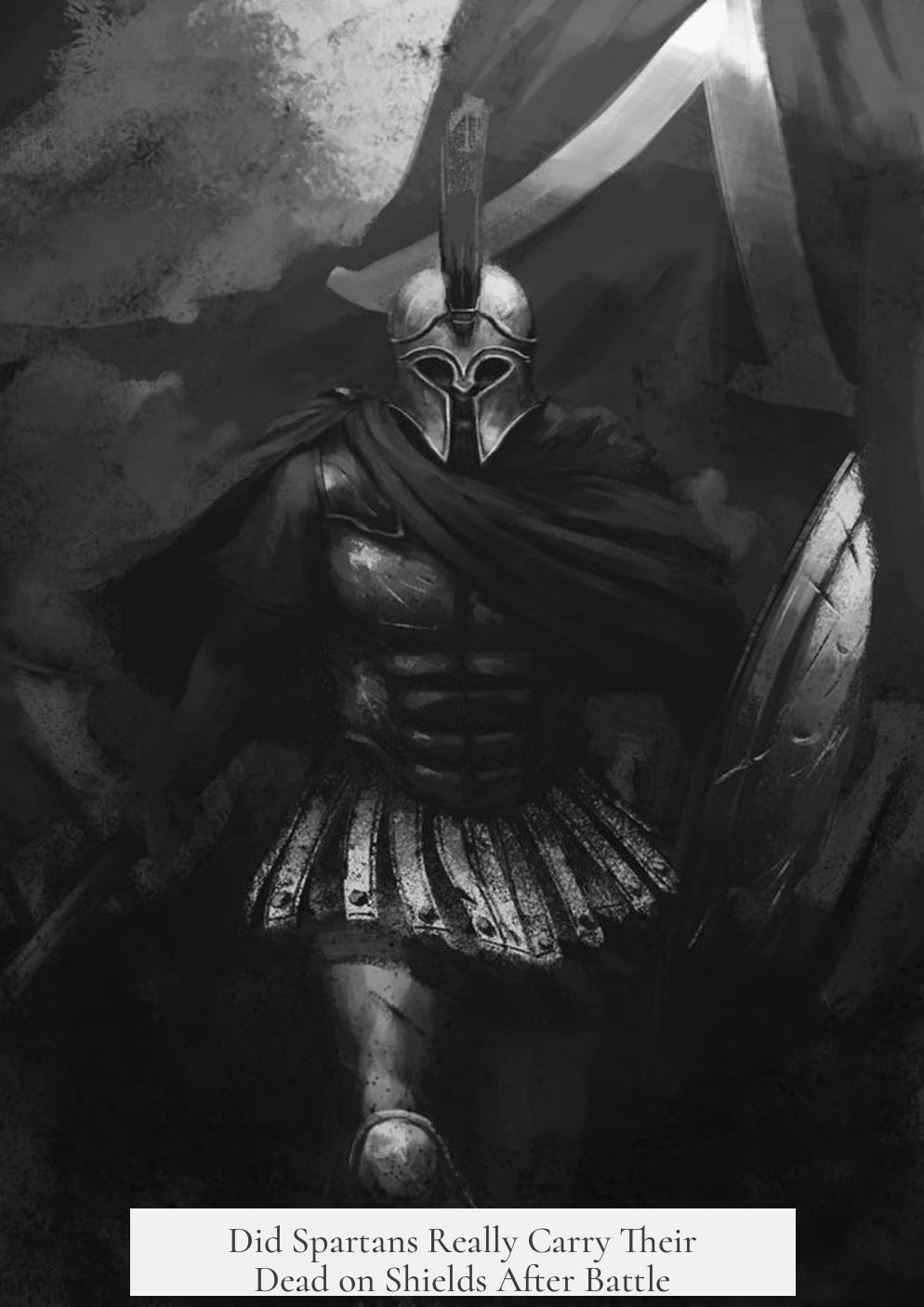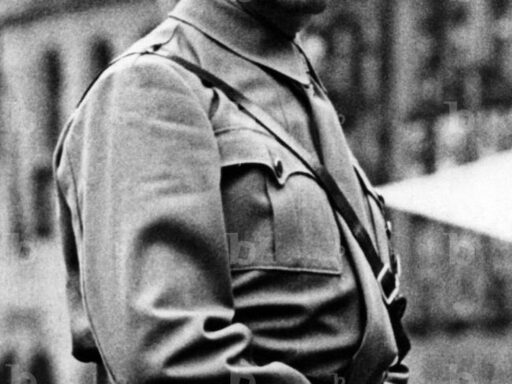The ancient Spartan saying “Come back with your shield, or on it” does not describe a literal practice of carrying fallen warriors home on their shields. Instead, it encapsulates a cultural ideal emphasizing honor and bravery in battle, underscoring the expectation that a Spartan either returns victorious with his shield or dies honorably on the battlefield.
The phrase, originally recorded as η τάν η επί τας (“either with it or on it”), is attributed to Plutarch in his work Apofthegmata Laconica. It reflects the Spartan ethos that a warrior should not abandon his shield, as it symbolized collective responsibility in the phalanx. Dropping the shield meant abandoning not only oneself but also comrade soldiers relying on its protection.
Contrary to popular misconceptions, Spartans did not physically carry dead soldiers back home on shields. Archaeological and historical evidence shows that the fallen were typically buried close to the battlefield. This practice ensured that warriors remained near the site of their valorous acts.
The symbolic meaning of the phrase focuses on honor rather than logistics. A soldier returns victorious with his shield in hand. If he fails, he will return “on it,” implying death in combat and being carried off the field on the shield by others. While a shield could theoretically serve as a flat, sturdy object to carry a wounded or deceased soldier a short distance, this was not a formal custom for transporting remains home.
- Shields (hoplons) were expensive and large, making them valuable to retrieve after battle.
- Using a shield as an improvised stretcher was plausible for short carries but was not standard practice for repatriating bodies.
- The phrase’s essence is that abandoning one’s shield equated to dishonor. Surviving without a shield was disgraceful.
The popularization of the phrase and its literal interpretation have been driven largely by later cultural retellings and modern media. For example, the movie 300 popularized the image of Spartans returning with shields or dying on them, though this portrayal is historically imprecise. Plutarch wrote over 300 years after the peak of Spartan military power, and his accounts contain moral lessons rather than precise battlefield reportage.
In Spartan society, the expectation was clear: a warrior must fight courageously, protect his comrades with his shield, and accept death without shame. The shield’s symbolism extended beyond personal survival—it represented the collective defense and solidarity of the phalanx formation, a central aspect of hoplite warfare.
| Aspect | Historical Fact | Common Misconception |
|---|---|---|
| Transporting Dead Soldiers | Buried near battlefields | Carried home on shields |
| Meaning of Saying | Courage and honor in battle | Literal instruction to carry shields as stretchers |
| Shield Use | Valuable, reused equipment | Primarily a stretcher for dead |
| Source of Phrase | Plutarch, 300+ years after events | Contemporary Spartan battle practice |
The phrase captures the Spartan warrior’s societal expectation instead of indicating a specific battlefield ritual. Losing one’s shield was shameful because it meant undermining the entire unit’s defense. Returning “on it” signified honorable death. This ethic elevated courage and loyalty above life itself.
Modern portrayals blur the original meaning by suggesting a practical use of shields for transporting bodies across long distances. While shields could serve this purpose briefly, Spartans prioritized local burial. The saying endures because it embodies an ideal: fight to survive with honor or fall knowing you upheld your duty.
- “Come back with your shield, or on it” is a symbolic Spartan ideal focused on courage and honor.
- There is no historical evidence that fallen soldiers were routinely carried home on their shields.
- Spartans generally buried their dead near battlefields, reflecting practical and ritual considerations.
- Shields were valuable and may have served briefly to carry wounded men but not as a standard burial transport.
- The phrase is recorded centuries later by Plutarch and popularized in modern media, often misunderstood literally.
“Come Back With Your Shield, Or On It”: Did Spartans Really Carry Their Dead on Shields?
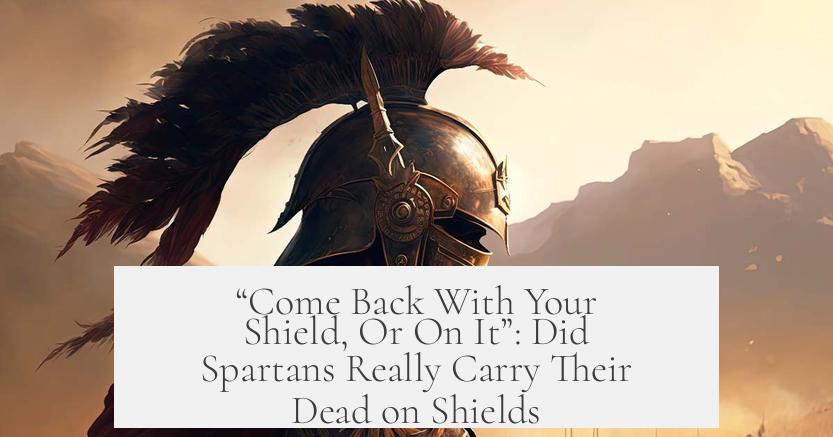
The popular phrase from ancient Sparta, “Come back with your shield, or on it,” doesn’t literally mean Spartans carried their dead home on shields—it’s a powerful symbol of their values. So, if you imagined Spartan moms waiting by the gates holding a shield-shaped coffin, you might need to rethink your mental image.
This phrase, originally η τάν η επί τας (“either with it or on it”), appears in Plutarch’s Apofthegmata Laconica, written over 300 years after the battles it refers to. Plutarch records this saying to highlight Spartan courage and honor, not battlefield burial rituals.
Understanding the Spartan Mindset Behind the Saying
At its core, the phrase embodies a no-compromise Spartan ethos: win with your shield in hand or die honorably fighting with it. Returning without your shield meant abandoning your comrades, as the shield protected both you and your neighbor in the tight hoplite phalanx.
Imagine a Spartan mother ready to greet her son after battle. She expects him to return either standing proudly with his shield or carried dead on it. No shame. This is not just about shields but about loyalty, bravery, and collective sacrifice.
This concept is the ancient predecessor of the modern “Death Before Dishonor.” The shield symbolizes commitment to the group, not merely personal survival. Dropping your shield meant betrayal, a deep social dishonor. It’s a cultural narrative, not a literal instruction manual for transporting bodies.
Did Spartans Carry Their Dead on Shields?
Despite Hollywood embellishments—like the movie 300—Spartans almost certainly did not lug their dead back to Sparta on shields. Historians agree that most fallen soldiers were buried near the battlefield, close to where they died, in line with Greek customs of the era.
This makes practical sense. Battlefields were chaotic and dangerous. Transporting dead warriors long distances, especially on makeshift “stretchers” (i.e., shields), would have been impractical and inefficient.
Plutarch, writing centuries later, likely used the phrase metaphorically, and the popularization of the literal image owes more to modern media than archaeological or textual evidence.
Shields: More Than Just Symbols
Greek shields (hoplons) were a significant investment. They were large, round, and made from wood and bronze, expensive and complicated to replace. Returning with your shield intact was practical—losing it meant losing essential equipment—and symbolic.
Interestingly, a shield could be used as an improvised stretcher. It’s flat and light enough to carry someone a short distance. Yet, this bears little on the phrase’s cultural meaning.
One insightful interpretation is that if a soldier died, his blood and presence were literally left on his shield. Even if the body stayed behind, bringing home the shield was in a way bringing home the fallen warrior’s spirit. A poetic gesture rather than a battlefield routine.
Lessons From the Shield, Today and Back Then
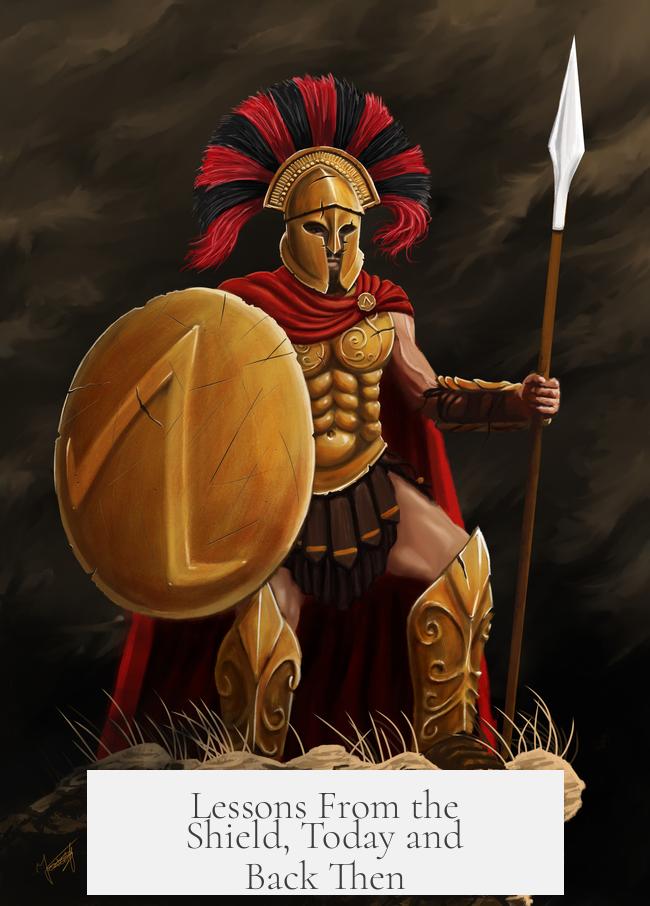
So, what does “Come back with your shield, or on it” teach us besides ancient Spartan bravado? It emphasizes responsibility toward the group, bravery in adversity, and the acceptance of sacrifice.
- Honor requires discipline and collective trust—dropping your guard can endanger others.
- Some values transcend centuries: integrity and courage remain timeless.
- Myth and history intermingle—phrases can evolve beyond their literal origins to express ideals.
Modern readers can see this phrase as a metaphor: confront challenges head-on or face the consequences boldly. In team settings, whether sports or work, it’s about accountability. Leave no one behind. Bring your “shield.”
In Summary
| Key Fact | Details |
|---|---|
| Literal Practice? | Spartans did not carry the dead on shields. Fallen warriors were buried near battlefields. |
| Origin | From Plutarch’s writings 300+ years later, more symbolic than literal. |
| Symbolism | Shield represents loyalty, bravery, collective responsibility. |
| Practical Use | Shields were large, expensive, possibly used as stretchers but rarely for dead soldiers. |
| Popular Culture Impact | Media like 300 popularized a skewed, dramatized image. |
So next time someone tells you to “come back on your shield,” you can appreciate the phrase’s rich cultural weight, minus the cumbersome luggage! Spartans may not have packed their slain on shields for the ride home—but they sure packed their lives full of fierce honor around them.
